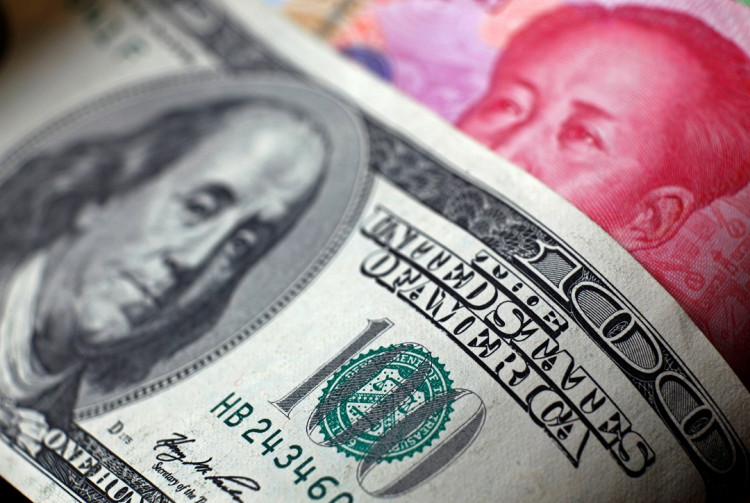China's central bank has slammed the United States for accusing it of being a "currency manipulator." The People's Bank of China (PBOC) mentioned in a statement on Tuesday that it does not and will not use exchange rates as a weapon in the country's ongoing trade dispute with the United States.
The PBOC pointed out that the US' labeling is inconsistent with the criteria set by its treasury department. The statement further expressed the country's deep regret over the United States' labeling, which it feels will only serve to damage international sentiment and global financial markets.
The PBOC released the statement immediately following the US announcement that it has labeled China as a currency manipulator. According to the Chinese economists, the US' accusations are not supported by any kind of evidence and it only serves to complicate the already sensitive trade issue.
Back in May, the US Treasury department originally announced during its semiannual currency report that it did not find China to be a currency manipulator. The department currently has three specific criteria that have to be met before a country is designated a currency manipulator. The criteria include having a large trade surplus, having a surplus that exceeds 3 percent of its GDP, and evidence that a country is knowingly intervening with the currency market.
After the US had issued its accusation, US officials reportedly approached the International Monetary Fund urging it to take action against China's "unfair competitive advantage."
The move was a direct result of the sudden drop in the value of the Chinese Yuan, which fell beyond the 7-to-1 ratio to the US dollar on Monday.
The onshore trading value of the Yuan had dropped by 1.33 percent to 7.0352 per dollar on Monday. The currency dropped by a further 0.48 percent on Tuesday, reaching 7.0699 at its lowest before closing at 7.0321. This was the first time that the currency had dropped to such a level since the global financial crisis in 2008.
The Chinese central bank defended the recent drop in the currency and stated that it was merely a normal result of current market forces. Some of the forces that resulted in the drop include shifts in market dynamics, volatility in the global foreign exchange markets, and the direct effects of the escalating global trade frictions.
The PBOC released a separate statement that assured the markets that it will still be able to maintain the value of the currency at a stable equilibrium. The statement also reiterated that the Yuan was still very much strong and stable against a number of other currencies outside of the US dollar.






